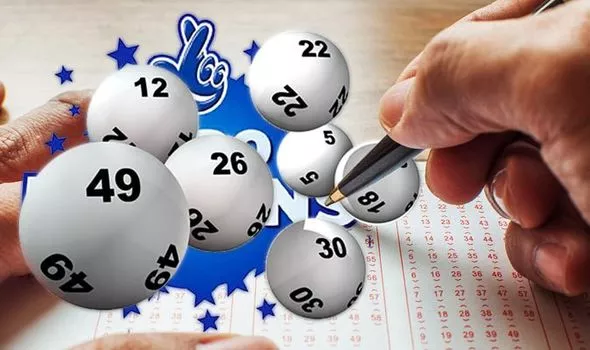Lotteries have been captivating people’s imaginations for centuries. Whether it’s the lure of a massive jackpot or the simple thrill of the unknown, lotteries tap into something deep within our psyche. But why are we so drawn to the chance of winning big? Let’s delve into the psychology behind the allure of the Bandar Togel.
- Hope and Optimism: At its core, the appeal of the lottery lies in the promise of hope and optimism. Even though the odds of winning are often astronomically low, the mere possibility of a life-changing windfall can be enough to fuel dreams of a brighter future. Psychologically, hope is a powerful motivator that can drive us to take risks in pursuit of a better outcome.
- Escapism: For many people, the daily grind can feel monotonous and uninspiring. The prospect of winning the lottery represents an escape from the mundane realities of everyday life. Whether it’s quitting a job, traveling the world, or buying a dream home, the lottery offers the tantalizing possibility of breaking free from the constraints of routine.
- Social Comparison: Humans are inherently social creatures, and we often compare ourselves to others to gauge our own success and happiness. When we see news stories about lottery winners living a life of luxury, it can trigger feelings of envy and a desire to emulate their success. The lottery becomes a symbol of achievement and status, driving us to participate in the hopes of joining the ranks of the fortunate few.
- Risk and Reward: The thrill of gambling is rooted in the interplay between risk and reward. Even though the odds of winning the lottery are slim, the potential payoff is so substantial that it can override rational decision-making. From a psychological standpoint, the anticipation of a possible reward activates the brain’s pleasure centers, creating a euphoric sensation that reinforces the behavior of buying lottery tickets.
- Loss Aversion: Psychologists have long observed that humans are more sensitive to losses than gains. This phenomenon, known as loss aversion, can influence our decision to play the lottery. Despite the low probability of winning, the fear of missing out on a chance to win can be more compelling than the rational assessment of the odds. This bias towards avoiding losses, even if they are hypothetical, can drive lottery participation.
- Fantasy and Imagination: Lotteries are inherently tied to the realm of fantasy and imagination. When we buy a ticket, we’re not just purchasing a piece of paper; we’re buying into a dream of what could be. Whether it’s picturing ourselves lounging on a tropical beach or showering our loved ones with extravagant gifts, the lottery allows us to indulge in flights of fancy and envision a life beyond our current circumstances.
In conclusion, the psychology of the lottery is a complex interplay of hope, escapism, social comparison, risk, and reward. Despite the long odds, millions of people around the world continue to participate in lotteries, driven by the promise of a better tomorrow.
